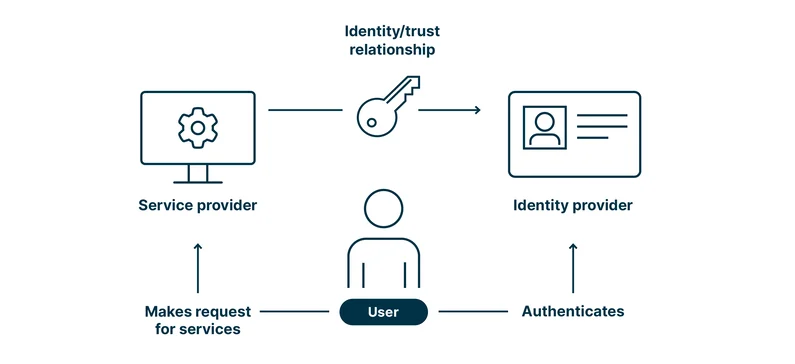
Introduction
In today’s digital age, our identities are no longer confined to the physical world; they have expanded into the vast realm of the Internet and the digital realm. Identity construction in the digital world is a multifaceted and evolving process, influenced by a combination of personal choices, external influences, and the platforms we engage with. In this blog, we will explore the complex process of identity construction in the digital age and the implications for individuals and society.
The Many Faces of Digital Identity
- Online Introduction:Social media platforms, online forums and personal websites allow individuals to curate their digital personas. Avatars, usernames and the choice of content shared on these platforms all play a role in shaping how others perceive us.
- Digital Interaction:The way we communicate online, whether through text, images or video, gives us insight into our personalities and values. This affects how others perceive us and contributes to our digital identity.
- Data and Algorithms:Online services collect a lot of data about our digital behavior. This data is used to tailor content and advertising to our interests, which can reinforce or reshape our self-identity.
- Online communities:The online communities we choose to participate in can have a profound effect on our digital identity. Being part of a particular group can affect our values, beliefs and behaviors.
The Impact of the Digital Age
- Social Interaction:On the one hand, social software such as Instagram and Twitter have become the main tools for people to share their lives, make connections and express their opinions. These platforms have enabled people to connect with friends, family and strangers; on the other hand, video calling and instant messaging applications such as WhatsApp have changed the way people communicate. Especially during global pandemics, these tools have become key to staying connected.
- The Way We Work:Remote working has become more common, with cloud computing and collaboration tools enabling employees to work from any location, which provides greater flexibility.
- Education:The digital age has also transformed education. Online learning platforms such as Coursera and Khan Academy enable students to access knowledge online, which provides greater learning opportunities.
- Entertainment:Streaming services such as Netflix, YouTube, etc. have changed the way we access entertainment content. People can watch movies, listen to music and watch videos anytime, anywhere.
Conclusion
Identity construction in the digital world is a complex and multifaceted process. It offers opportunities for self-expression, connection, and personal growth, but also comes with challenges and ethical considerations. As we navigate this evolving digital landscape, it is necessary to be mindful of how we shape our digital identities and the impact they have on our lives both online and offline. Balancing authenticity, privacy, and responsible digital citizenship is key to shaping an active and meaningful digital self.
Reference list:
1.https://www.researchgate.net/publication/327495728_The_Construction_of_Identity_in_Digital_Space/fulltext/5b91e71992851c78c4f3e131/The-Construction-of-Identity-in-Digital-Space.pdf
2.https://www.linkedin.com/pulse/impact-digital-age-society-today-global-perspective-shada-wehbe
3.https://psycnet.apa.org/record/2018-57336-001


